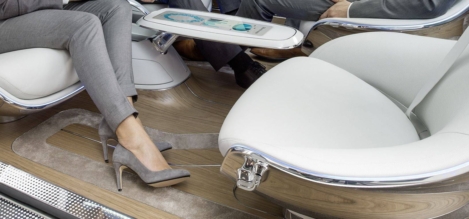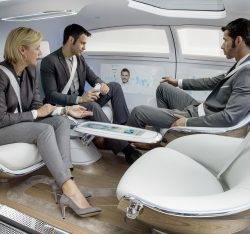January 9, 2017
Global lack of female leadership, despite benefits to companies’ performance 0
Gender inequality remains high around the world – despite the fact that new research suggests how female leadership increases companies’ performance. A new report published by IZA World of Labor looks at the reasons for the persistence of wage and leadership gender gaps and their causes and consequences and emphasizes the beneficial role of female leaders in reducing gender inequality. The report claims that gender wage gaps and women’s under representation in leadership positions exist at remarkably similar magnitudes across countries at all levels of income per capita. In a new IZA World of Labor report the economist Mario Macis of Johns Hopkins University, USA summarizes recent research which shows that although women in many developed countries have reached parity with men in terms of formal educational attainment and employment, earning disparities between the genders are actually greater in richer countries.




































